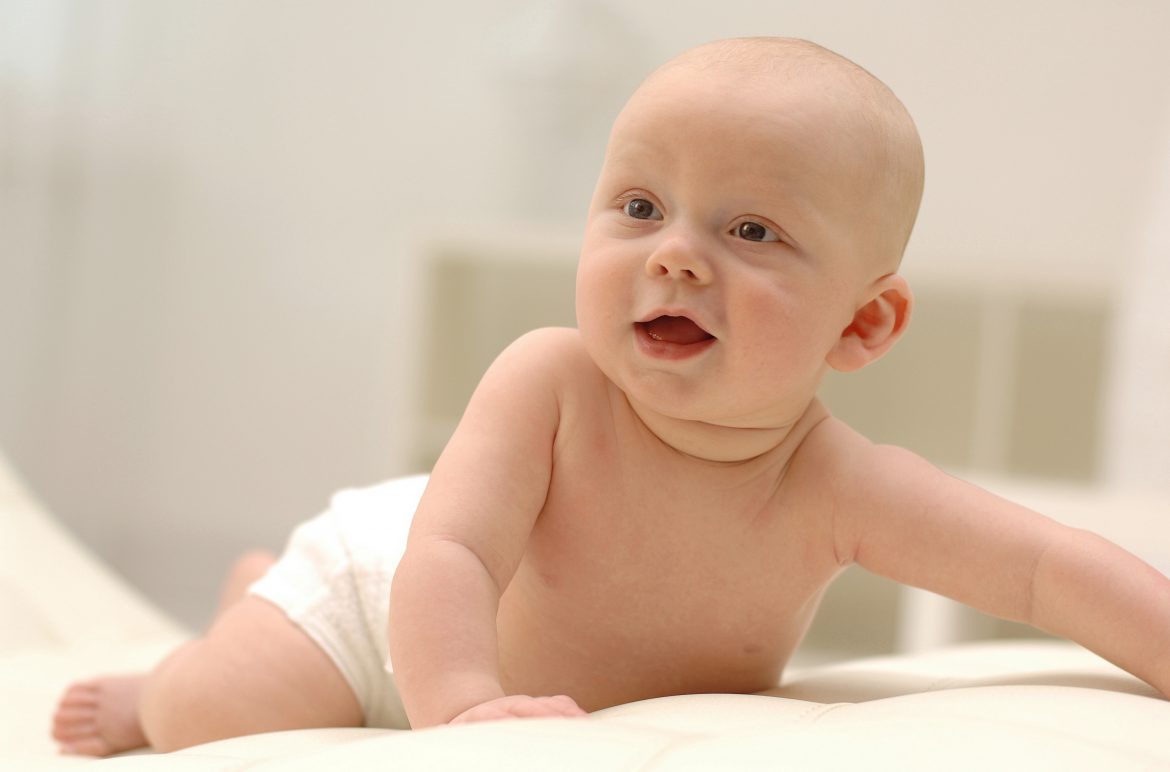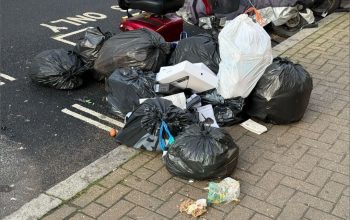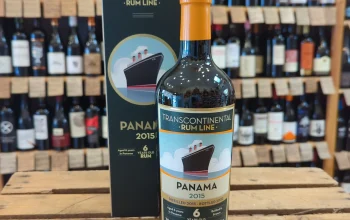Charity Real Nappies for London (RNL) has joined forces with Kingston Council to provide vouchers for reusable nappies to parents in the borough.
Alice Walker, project manager of RNL said the vouchers, worth £50 each, will help both the environment and parents struggling with the cost of buying nappies for their children.
“The idea is that we offer a voucher incentive scheme to kind of nudge and influence people to get started with reusable nappies to ultimately reduce waste and save money,” said Walker.
The charity, which is administered by the Women’s Environmental Network, aims to provide parents with impartial information on reusable nappies to enable them to make more sustainable choices.
Reusable nappies are often touted as a more environmentally friendly and cost-effective alternative to disposable ones.
How expensive are reusable nappies?
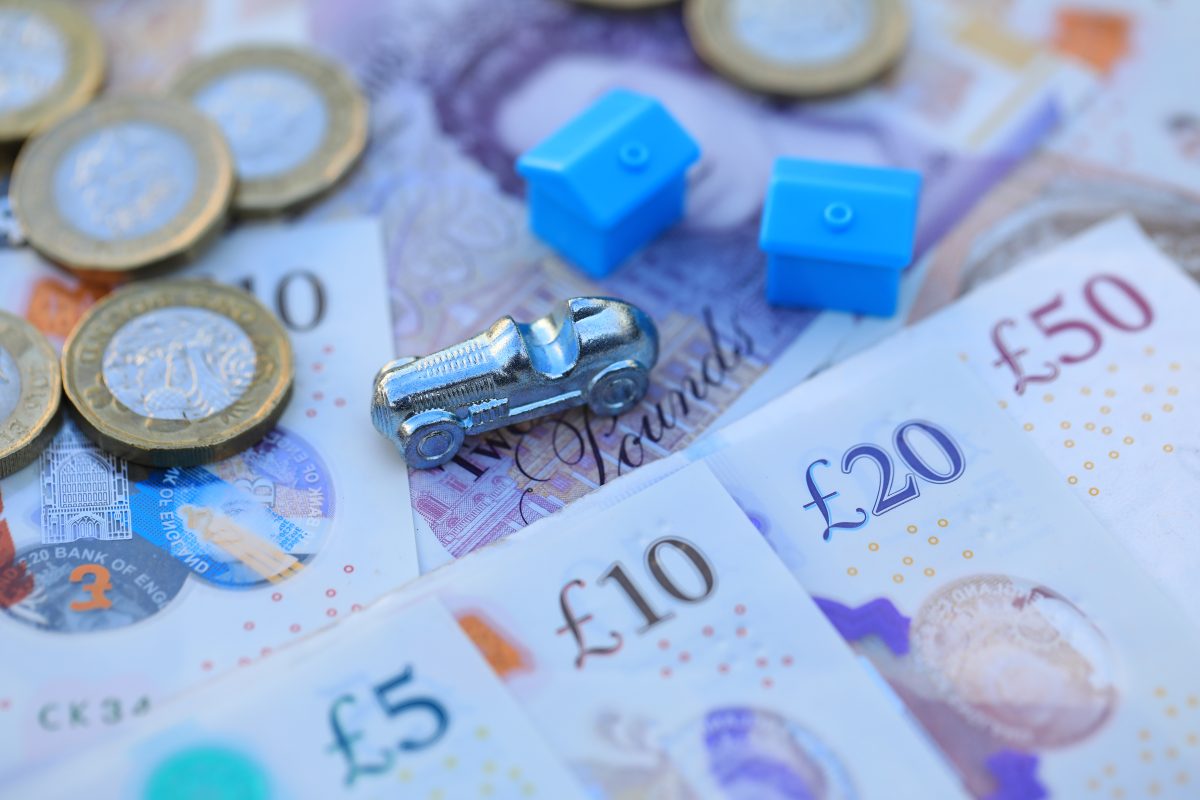
The up-front cost of reusable nappies are seen as considerably more expensive than their non-reusable counterparts.
On average, a single reusable nappy will set you back roughly £11 compared to a single disposable nappy, which costs you about 15p.
At a glance, disposable nappies seem far cheaper but this does not account for the total costs over a baby’s nappy-wearing period.
According to Life Cycle Analysis, parents can expect their babies to go through 4515 nappies over two and a half years.
By using disposable nappies, the total cost would add up to nearly £680 whereas a recommended number of twenty reusable nappies would set you back by £220.
Accounting for the energy and water costs incurred in washing reusable nappies, you could still make a potential saving of around £234.
It is undeniable the up-front costs put off some parents but that is where the voucher scheme can help, said Walker.
“The scheme is there to help people during this cost of living crisis. [Reusable nappies] are a fantastic option… you can use them effectively and save money at the same time.”
Because of their endurability some people even recommend buying second-hand reusable nappies.
What are the environmental effects of nappies?
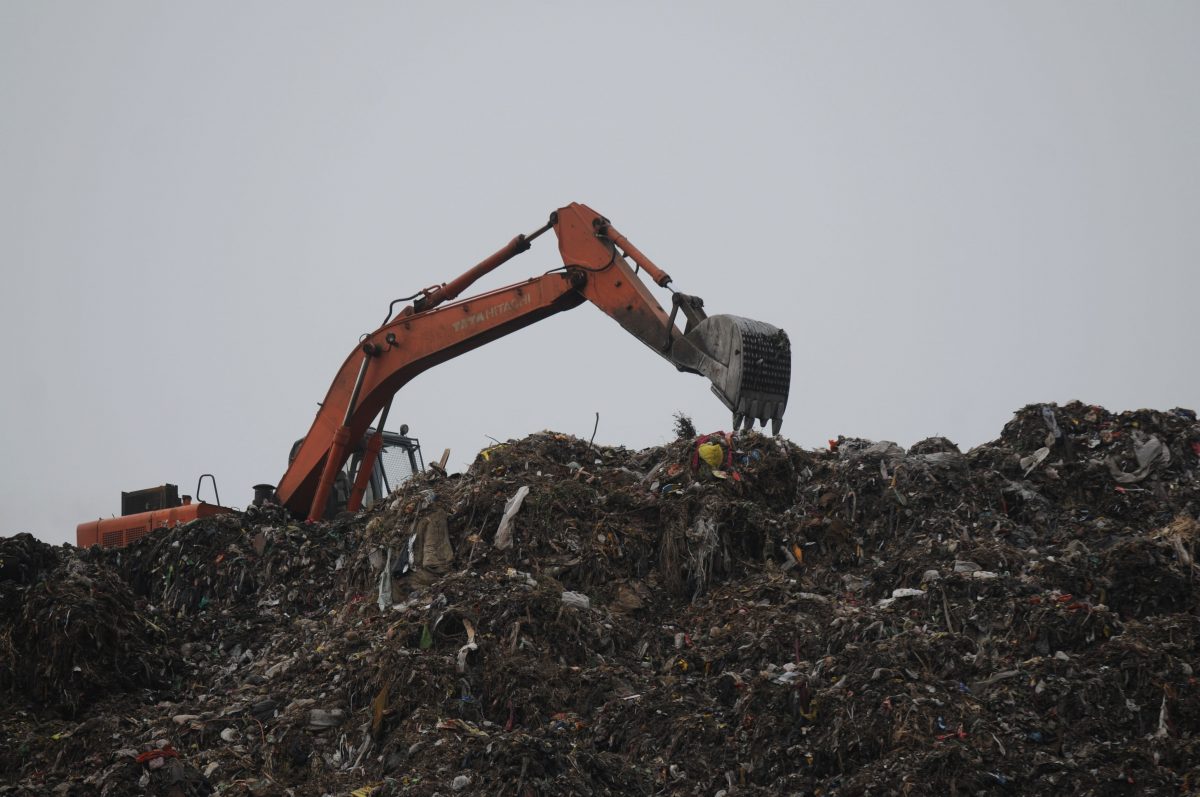
Currently, it is estimated that the use of non-reusable nappies in Kingston alone produces an average of 1113.75 tonnes of carbon dioxide a year, the equivalent to driving to Paris and back over 9000 times.
Also, because single-use nappies contain plastic and cannot be recycled, they end up in landfill.
Landfills are a growing problem for the UK and its ability to meet its climate commitments.
This is because landfills are responsible for 25% of our methane emissions every year.
Methane is a potent “greenhouse gas”, roughly 28 times as effective as trapping heat in the atmosphere than carbon dioxide, and its reduction is key to the UK’s net zero targets.
For mothers such as Samantha Sheldon the environmental benefits are as important as the financial gains of reusable nappies: “If my daughter asked me as she grows up what had I done to protect her future, I will feel better saying I had done my best with washable nappies. Wanting convenience without asking ourselves what the long-term cost will be has created so many problems for the environment.”
How hygienic are reusable nappies?
Nappy liners make it easy to dispose of any solids inside a nappy, then the nappies are machine-washed at 40 degrees.
One local mum put it bluntly when she compared washing nappies to dirty underwear: “I found washable nappies really hygienic. As a friend said to me, it’s just like washing pants with skid marks!”
How can I apply for a voucher?
To qualify for a voucher, you must submit a copy of your ID along with proof of your address and proof of your child to Real Nappy for London’s website.
The charity will be hosting a drop-in session on February 12 at Tolworth’s Children’s Centre, where you can also apply for a voucher.

